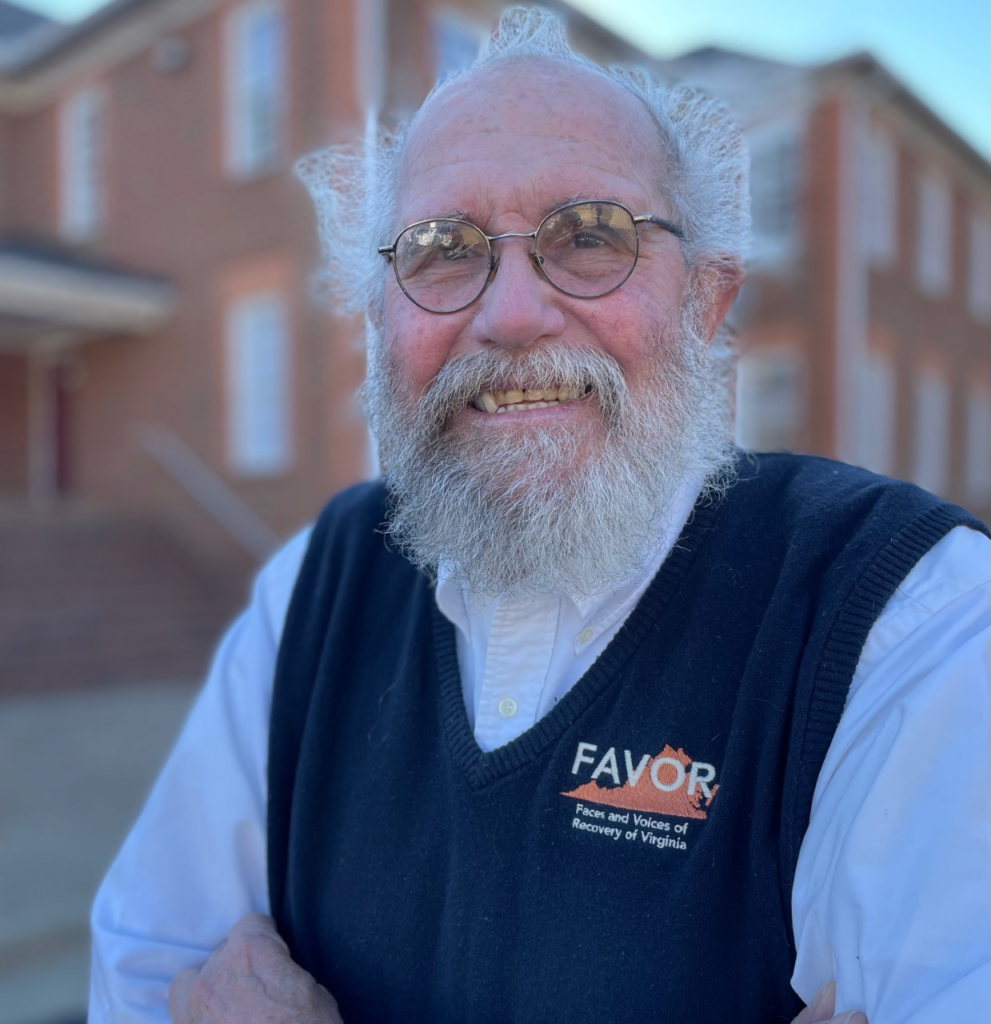By Lila Greenberg
Student research assistant
Brechner Center for Freedom of Information at the University of Florida
Michael McDermott is locked in a legal battle with the state of Virginia in his quest to publish overdose response incidents and shed light on the effectiveness or ineffectiveness of state programs battling drug addiction.
His efforts, he says, will save lives. Transparency will reveal which programs fail. Armed with that knowledge, the state can direct money toward more effective recovery programs.
McDermott’s personal experience has been a great motivator for his work as a community recovery addict at Faces and Voices of Recovery (FAVOR) of Virginia, a grassroots coalition advocating for non-government recovery service providers.

McDermott, who has a history of struggles with unhealthy drug use, is celebrating more than 30 years without addiction. He uses the skills he cultivated throughout his recovery to help others who are suffering.
Thanks to Virginia’s Freedom of Information Act, McDermott regularly gains access to monthly overdose incident data from the Virginia Office of Emergency Medical Services (OEMS). After being filtered and aggregated, the data show a four-year trend of ineffectiveness.
“Because the population has not increased, the bottom line is that (Virginia OEMS is) admitting we have an addiction epidemic,” McDermott says. “You’re committing all these public funds for all these different programs, but why haven’t you been able to stem the tide?”
In 2021, McDermott requested the newest data; the state was uncooperative and promised the data at a later date. But the data never came. The state said it was migrating the information from one system to another.
“The data still exists,” says McDermott, arguing that tweaks to systems shouldn’t prevent the release of information.
“It’s a shame that, as an advocate, my bandwidth has to be squandered because people just aren’t doing the right thing,” he says. “It’s public data.”
The lack of data delays McDermott and FAVOR’s ability to evaluate state recovery programs, putting those in recovery programs at risk if the ineffectiveness trend continues. Recognizing that the withholding of data was a FOIA violation, McDermott filed suit.
(Update: On April 22, 2022, a judge ruled that the state agency violated FOIA by not releasing the data.)
McDermott connected with Megan Rhyne of the Virginia Coalition for Open Government (VCOG) to gain traction in the press and to learn more about the state’s freedom of information law.
Rhyne touts McDermott’s persistence in raising awareness about his case.
Rhyne and VCOG “use all of their tools to give citizens the confidence to challenge anybody who stands in the way of what they rightfully have by statute,” Rhyne says. Although the coalition does not intervene in individual cases, Rhyne helps McDermott navigate the dense law and publicizes the case through press contacts, drawing attention to McDermott’s research and advocacy.
Rhyne contacted Patrick Wilson, a Richmond Times journalist versed in public records issues, to publicize McDermott’s case and inform the public of how the state government is working. Wilson says the coverage informs the public and puts the state agency on notice of their problematic actions and FOIA violation.
This run-in with Virginia isn’t McDermott’s first foray into confronting the government for records. His journey championing freedom of information started a decade ago in Goochland Country, Virginia.
McDermott demanded that the county provide information through the Freedom of Information Act to encourage full disclosure between the government and its people, at a time when the county’s practices were in question and trust in government was low.
He believed then what he still believes: That transparency produces answers, and transparency improves lives.
“We need to be able to have the information to show what governmental agencies are currently doing could be more effective,” he says.
